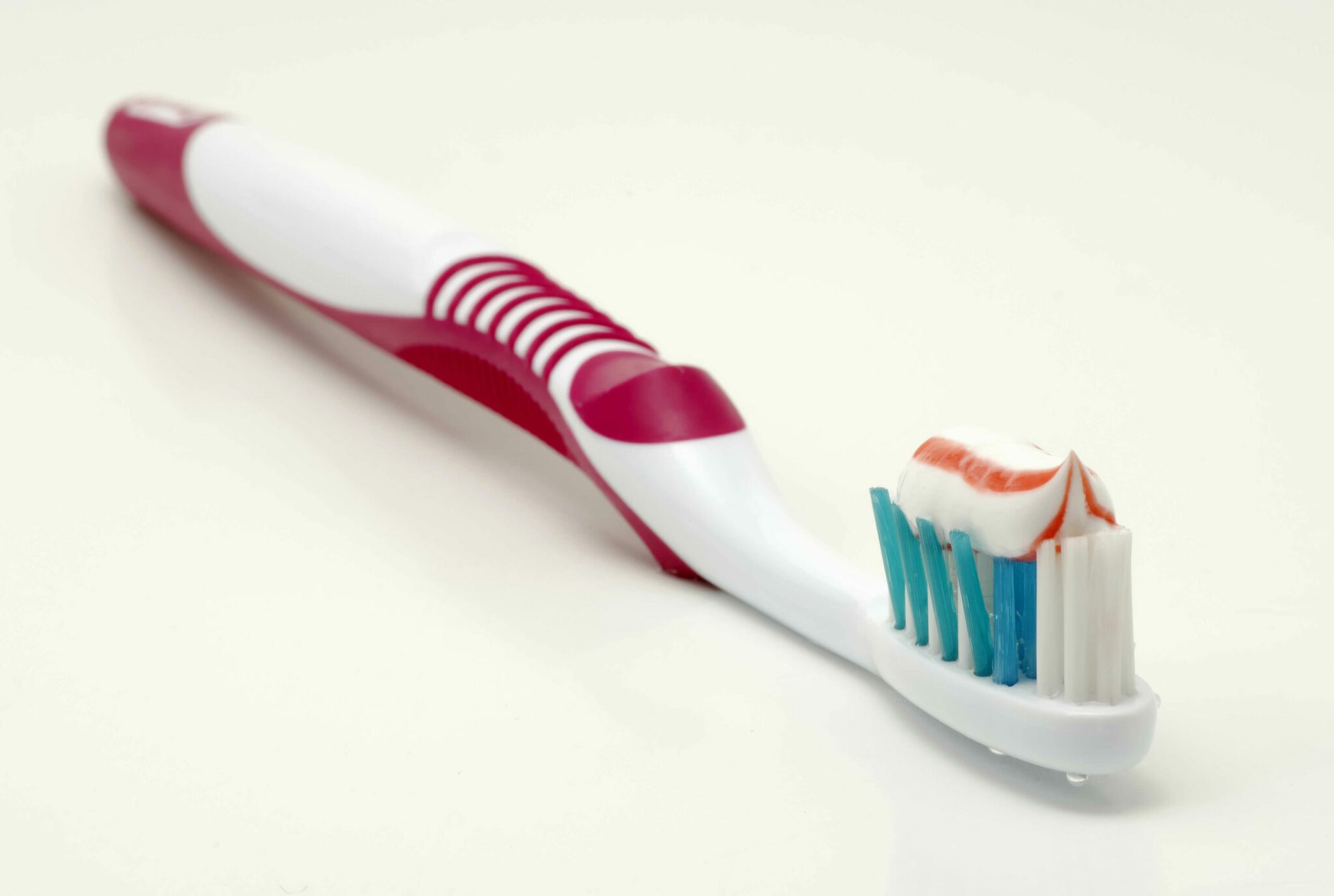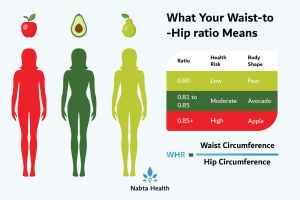Is Fluoride Safe for Babies?

Fluoride is a mineral that is critical to preventing tooth decay, both in children and in adults. It’s an effective and inexpensive way to promote dental health in every economic group while also completely safe. The Center for Disease Control and Prevention (CDC) considers water fluoridation one of the greatest public health achievements of the 20th century as it has dramatically reduced the prevalence of cavities. So is fluoride safe for babies?
After the age of six months, infants need daily fluoride to significantly reduce cavities in both baby and adult teeth. In developing teeth, fluoride has been shown to strengthen enamel before the teeth emerge from the gums. After teeth emerge, fluoride helps prevent tooth decay.
Aside from fluoridated water, fluoride is also found in children’s toothpastes, although infant toothpastes are often fluoride-free. For most children, the amount of fluoride present in the water supply and fluoridated children’s toothpaste is sufficient. However, there are a few circumstances where your doctor may provide a fluoride supplement:
- Your baby is exclusively breastfed and does not drink tap water.
- Your baby is formula fed but you use only bottled water or well water to mix the formula.
- You live in an area where your water isn’t fluoridated.
- Your in-home water purification system removes fluoride from the tap water.
As an alternative to fluoride supplementation, you may also buy “nursery water” in your local grocery store to mix formula or give your baby to drink as this is bottled water with fluoride added.
Be sure to use an infant or toddler toothpaste with fluoride once the teeth erupt. Begin with a smear of toothpaste (the size of a grain of rice) for children who cannot spit and graduate to a pea-sized amount when the can in order to prevent harm.
For all its benefits, too much fluoride can be harmful. Excess fluoride can result in a condition called dental fluorosis, which is characterized by spotting on adult teeth. This condition can only be developed while adult teeth are still forming in the gums, so the risk is reduced after age eight. The effects of dental fluorosis are virtually all superficial, and the condition does not affect oral health.
Sources:
- Centers for Disease Control and Prevention
- Using Fluoride to Prevent and Control Tooth Decay in the United States.
Centers for Disease Control and Prevention - Achievements in Public Health, 1900-1999: Fluoridation of Drinking Water to Prevent Dental Caries.
Powered by Bundoo®










